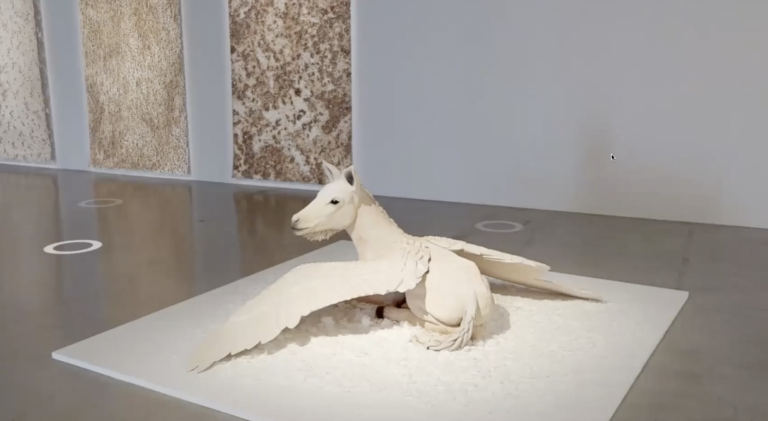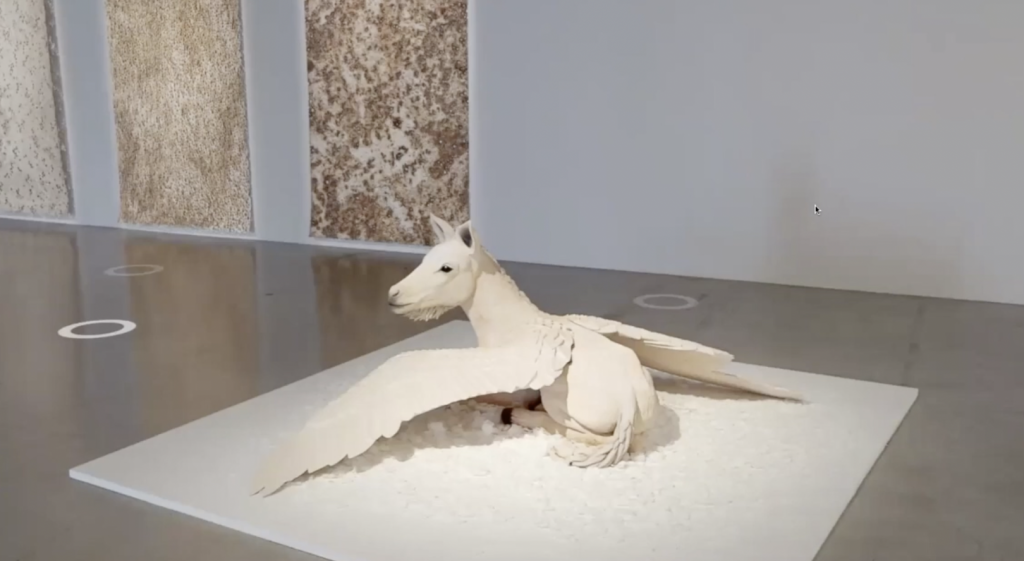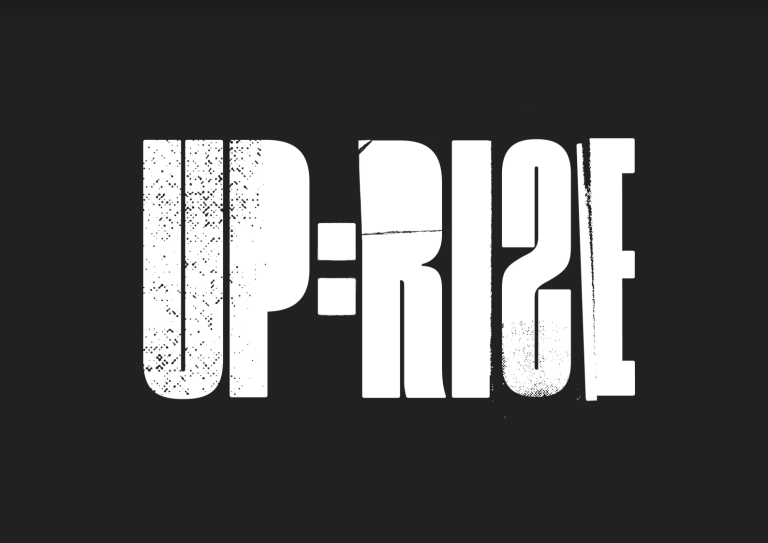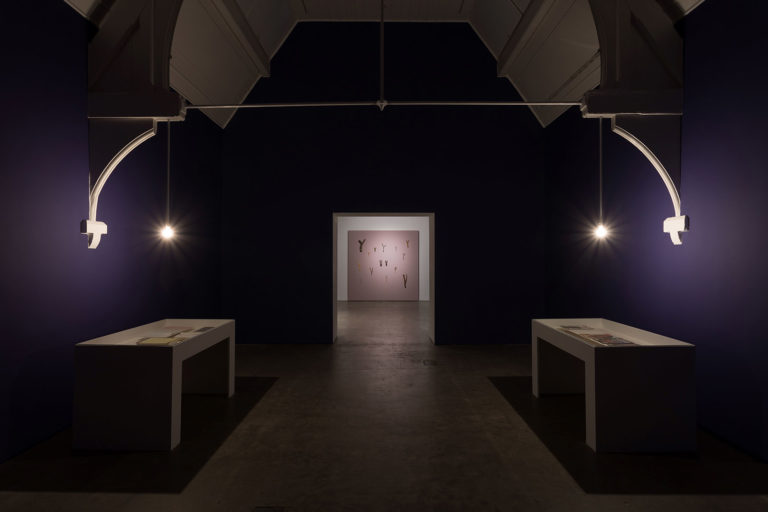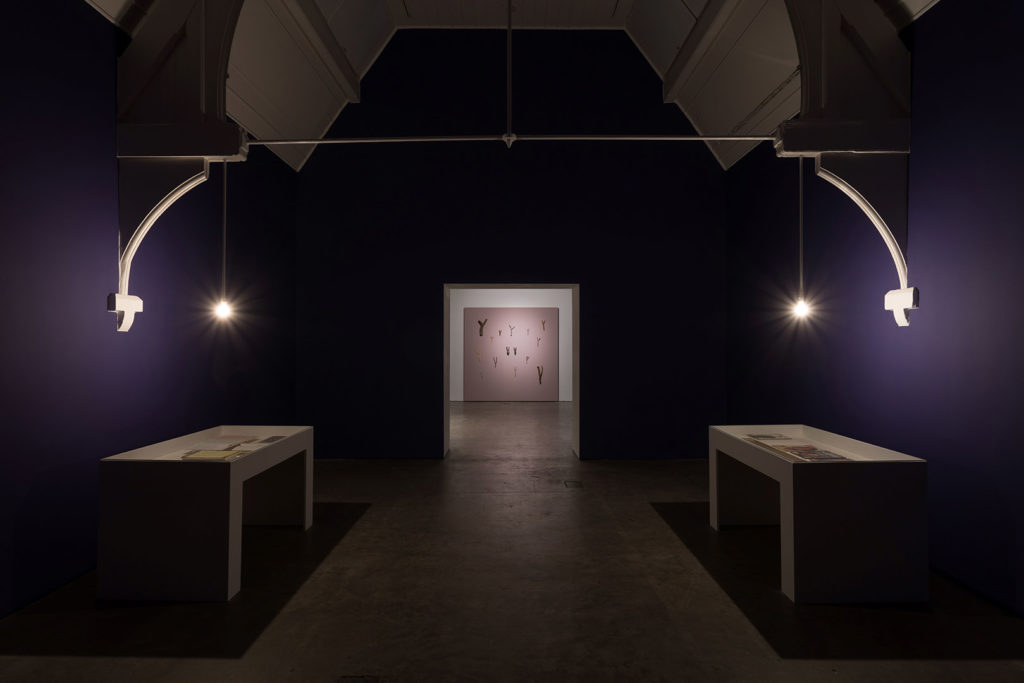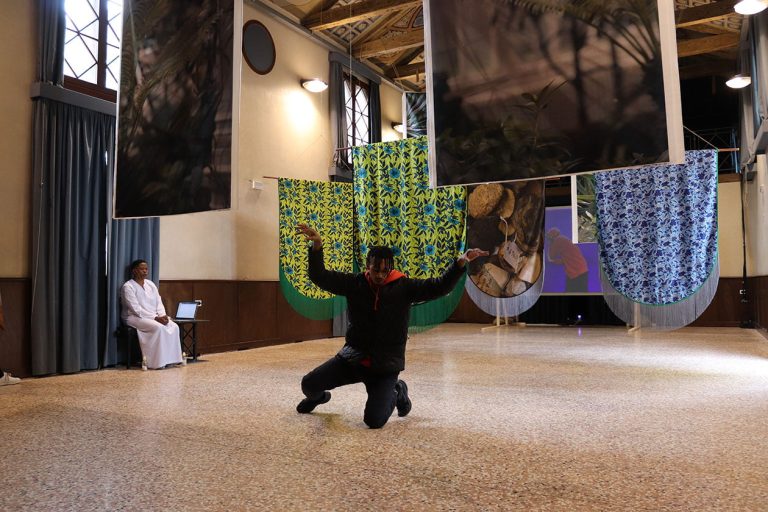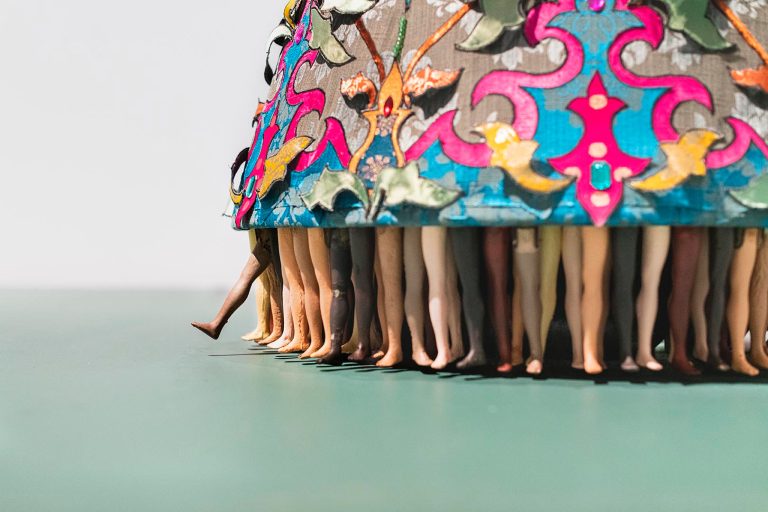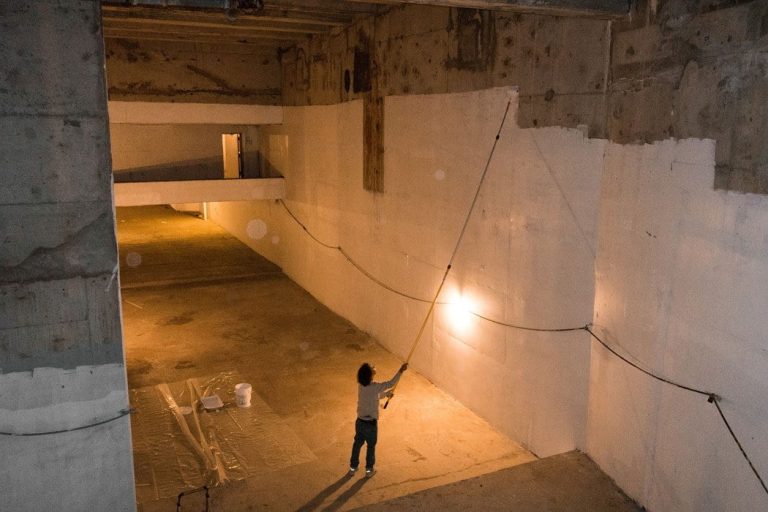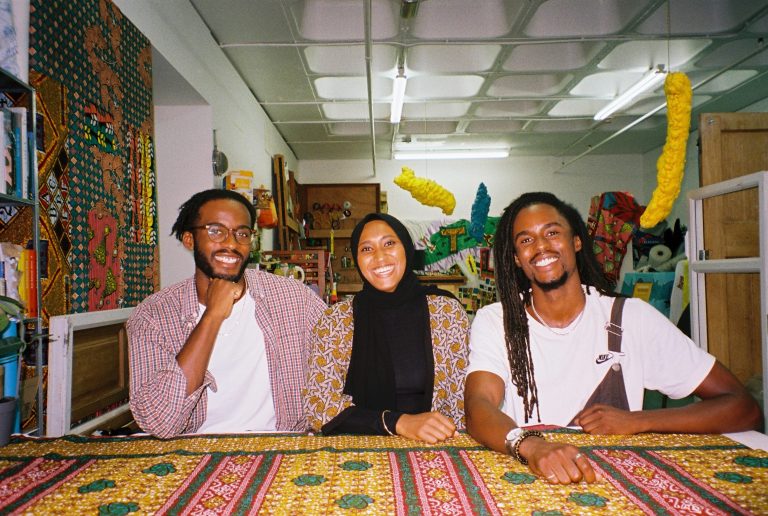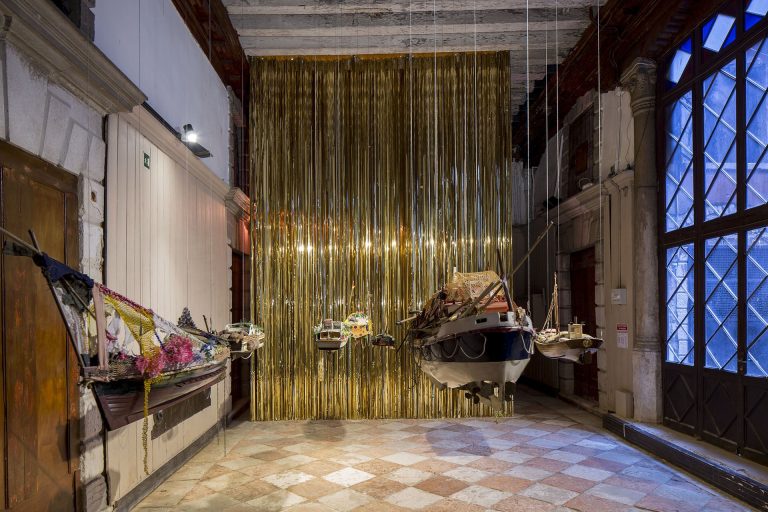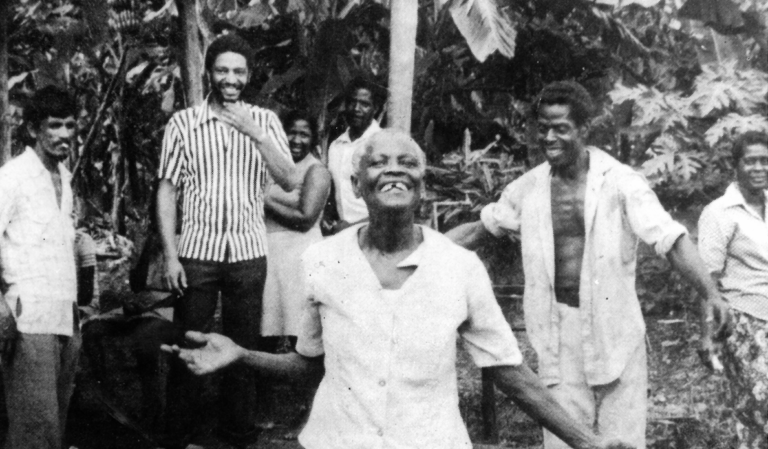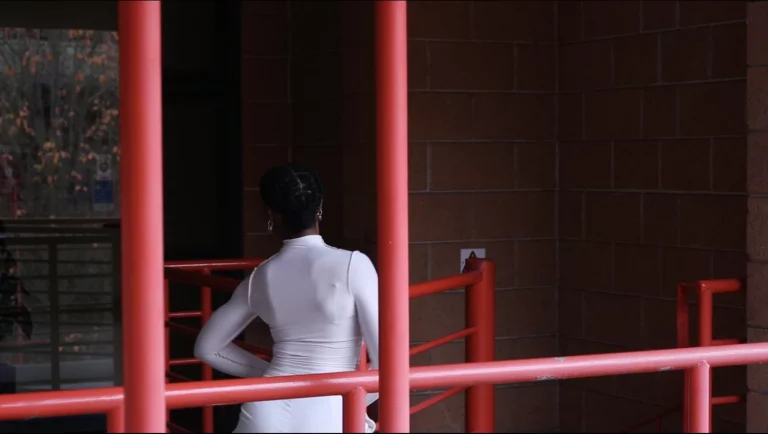Shifting the Centre: Grenada as Reference (Exhibition)
Dates:
16 Mar 2023 - 4 Jun 2023
People:
Location:
Black Cultural Archive, 1 Windrush Square, London SW2 1EF
Project:
Opening Times
Thursday – Saturday, 10am – 6pm
Sunday 12pm – 5pm
Opening Event
Thursday 16 March, 6pm – 9pm
Grenada as Reference is the first iteration of our Shifting the Centre project. This exhibition will display archival materials relating to the Grenadian Revolution (1979-1983) at Black Cultural Archives in Brixton. The exhibition is curated by ICF curator Orsod Malik.
SHIFTING THE CENTRE is an archival activation project dedicated to excavating the radical observations, emancipatory dreams, and revolutionary practices of anticolonial thinkers to develop counter approaches that can be applied to artistic, teaching, and organising work. By repositioning the centre away from Europe, we can ask: what realisations occur when those resisting dominant forces are the protagonists of world history?
The project locates connections between seemingly unrelated events, people, issues and objects as a way of rejecting a single vantage point from which to understand, tell and mobilise histories. Shifting the Centre seeks to widen the scope through which histories are told by listening to what is being silenced with as much intent as to what is audible.
_
GRENADA AS REFERENCE is an invitation to think about world history from the vantage point of a small island nation, which was home to the first revolutionary government in the English-speaking Caribbean between 1979-1983. In this relatively brief historical moment, the Grenadian people engaged in a collective process that reoriented their country’s resources, economy, and education away from neo-colonial interests and towards their self-determination.
The archival collections on display are portals into this historical moment. A moment characterised by the emergence of Margret Thatcher and Ronald Reagan’s brand of capitalism. This is known today as neoliberalism – an economic system designed to privatise the public sector and transfer the production of consumer goods to the poorest countries at the cheapest possible cost. It was also a moment marked by international political struggles, from waves of working-class protests in the UK to an antiimperialist revolution in Nicaragua, and the making of a new revolutionary society in Mozambique. It is through the archival materials on display that we can witness how people have/can engage in politics and relate to the world.
This exhibition does not intend to rely on a timeline or lay claim to a single sequence of events. Rather, the exhibit enacts a set of open-ended questions: how can these materials be contextualised? What can be learned from them? What silences do they fill and where do silences remain? Are there teachings from this moment that can be applied to our present? And why isn’t Grenada referenced more widely?
_

Jacqueline Creft, 1946-1983
Minister of Education of the People’s Revolutionary Government of Grenada
The majority of the material on display belongs to Jacqueline Creft’s personal archive which was donated to the Black Cultural Archives. This exhibition is dedicated to her work, her love for her people and to her vision of liberatory education.
“Her style is as casual as her clothes – blue jeans, cotton tops, sandals… always on the go and totally at ease wherever she goes, whatever she does, she’s well known as simply ‘Jackie’ to public servants and the masses, teachers and pupils alike. Whether she’s padding around in her office, answering the phone, taking part in a committee or cabinet meeting… hurrying along the streets. And hailing the folks she knows, her manner is down-to-earth… Jackie’s role is to provide the means to help create the personality – youth, woman, man – to form the new society.” – Jacqueline Creft – First Woman in Cabinet, Free West Indian, 5 December 1981, pp.178-181
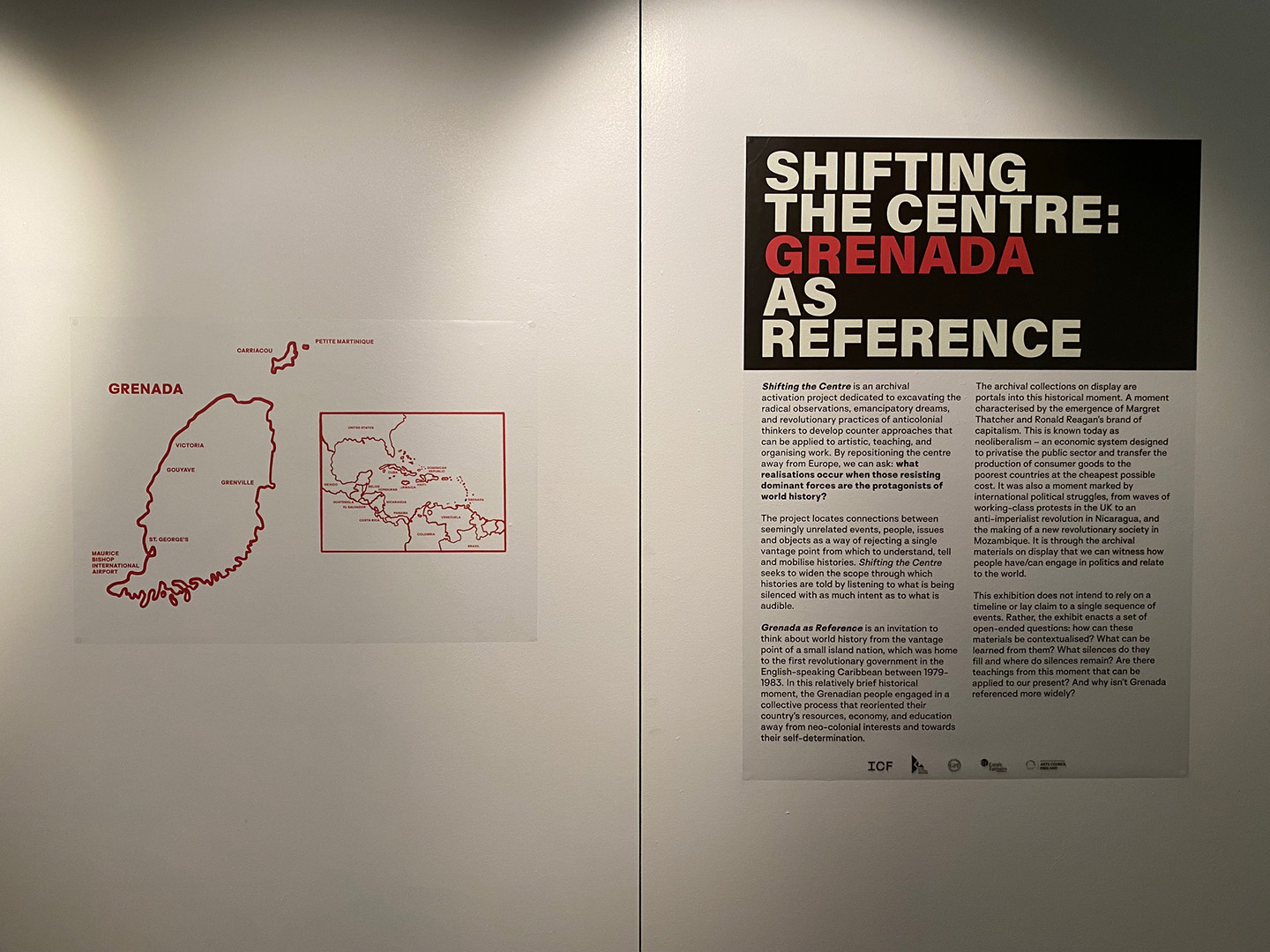


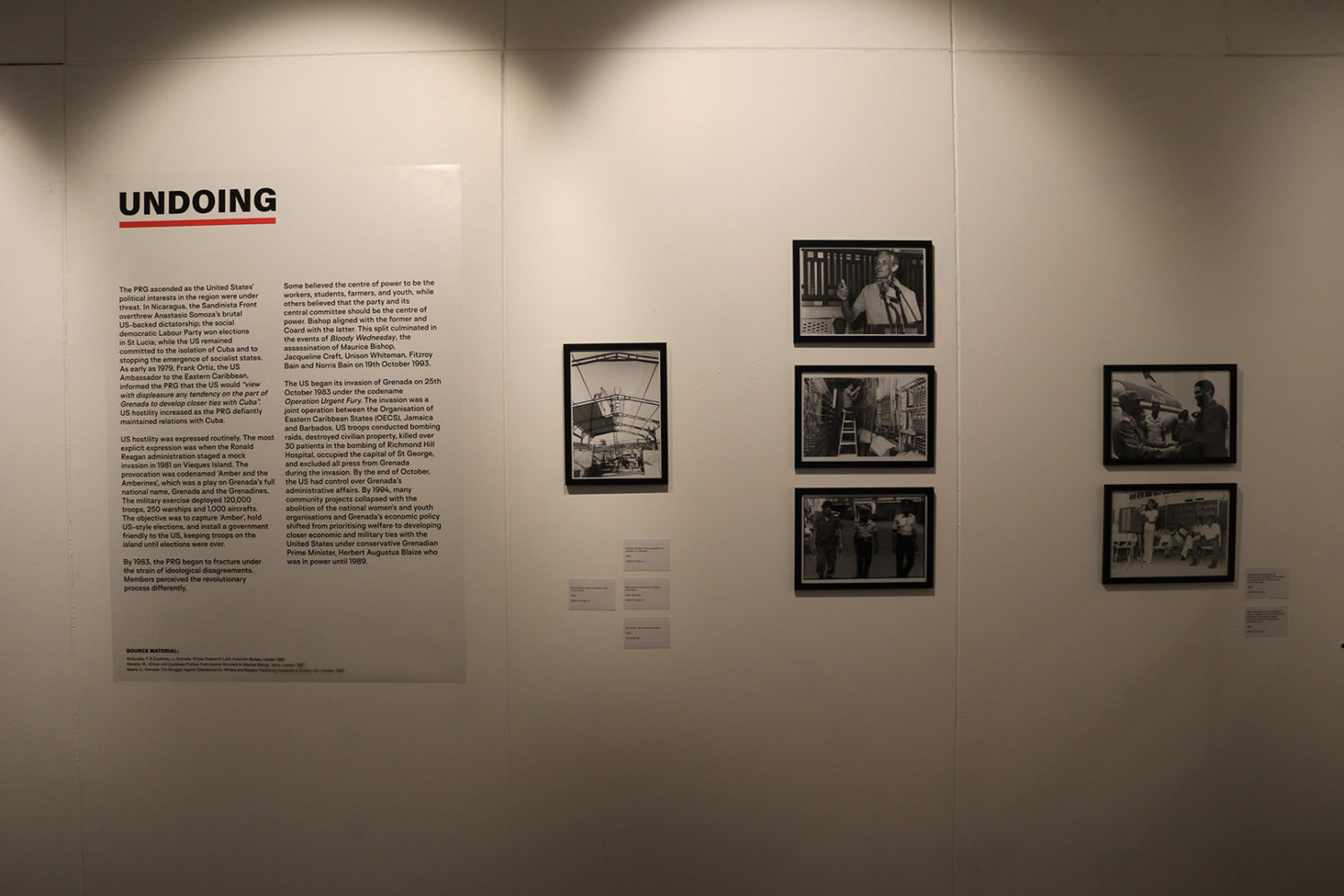
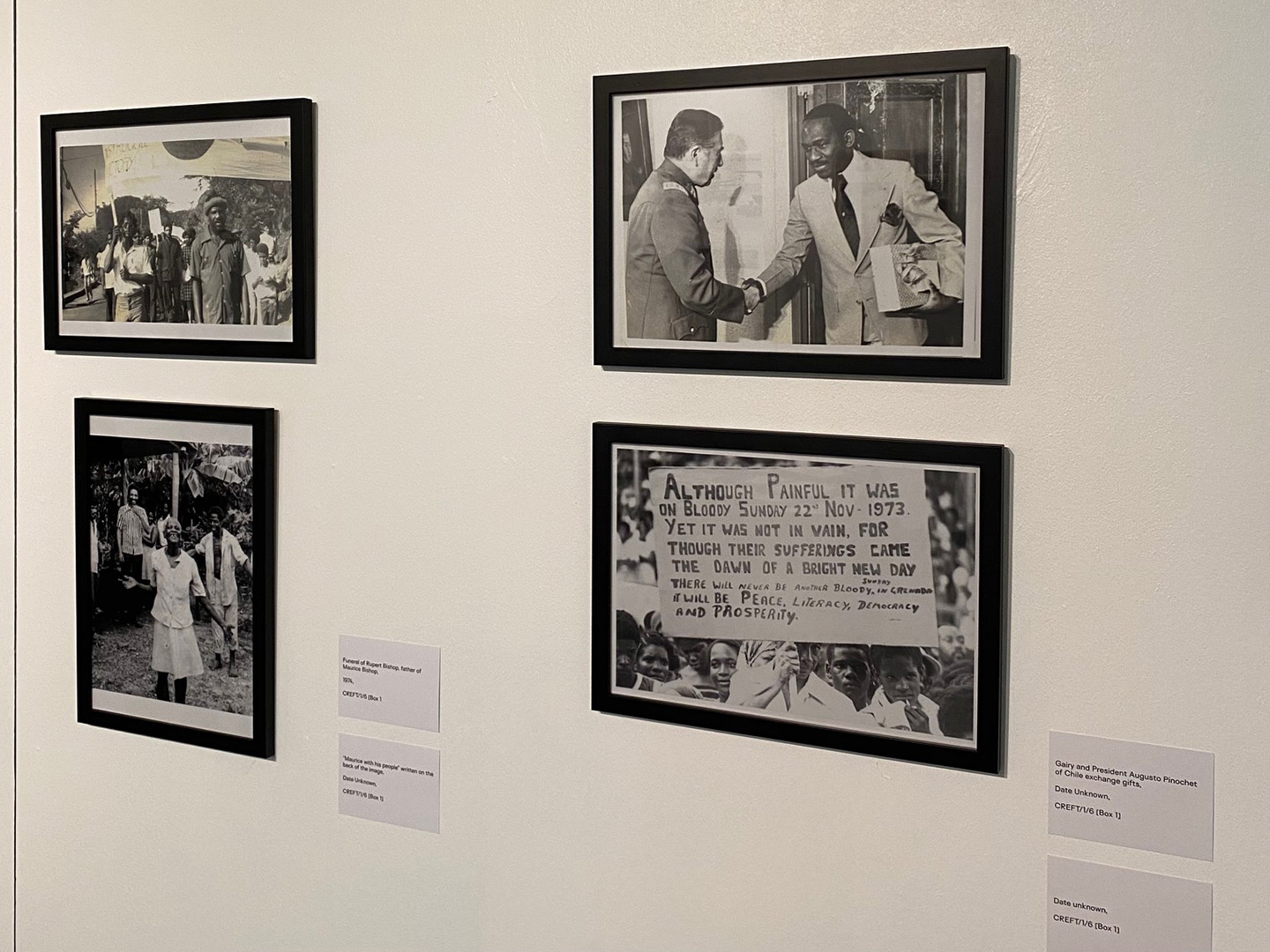
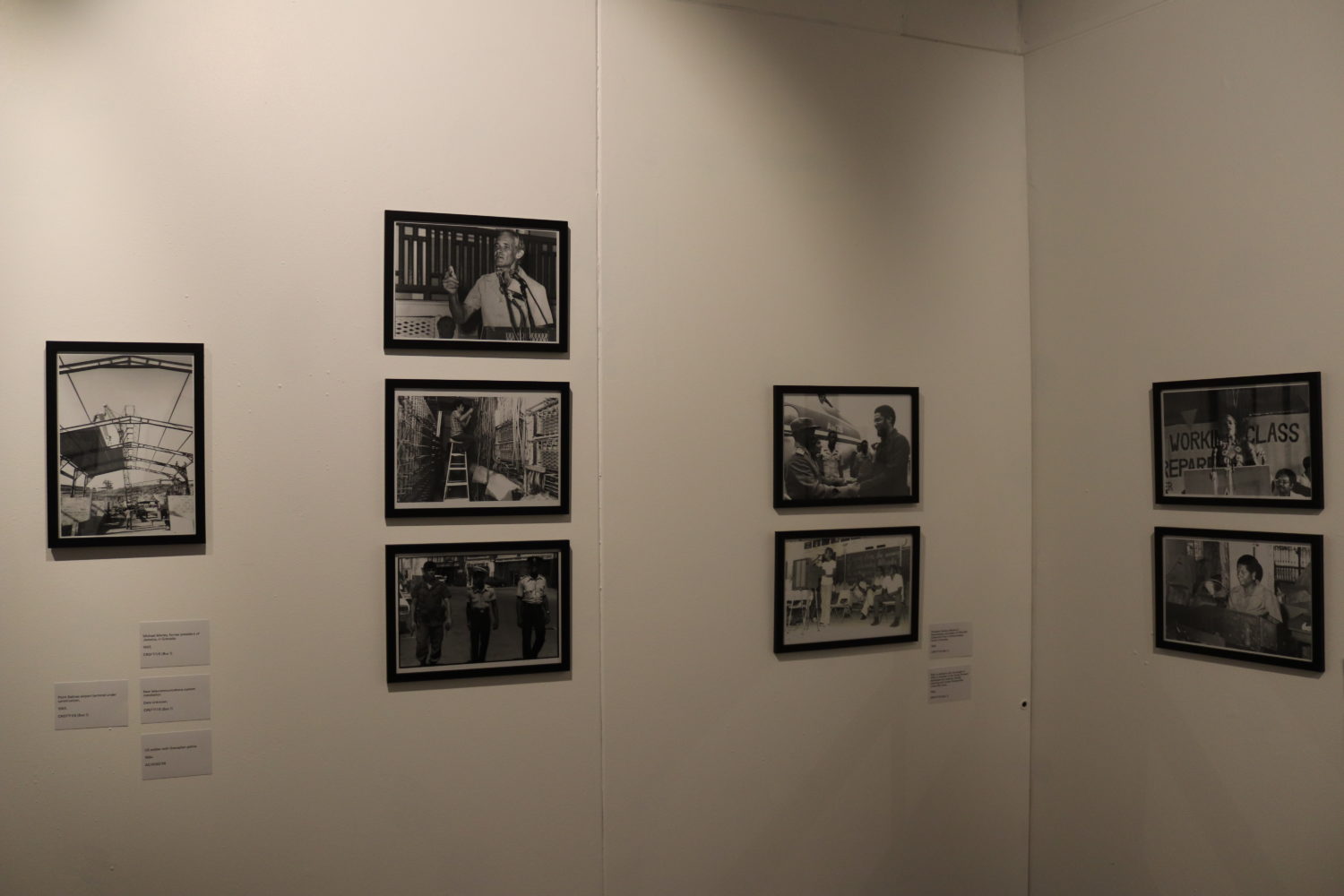
Shifting the Centre: Grenada as Reference installation view (2023), images courtesy ICF.
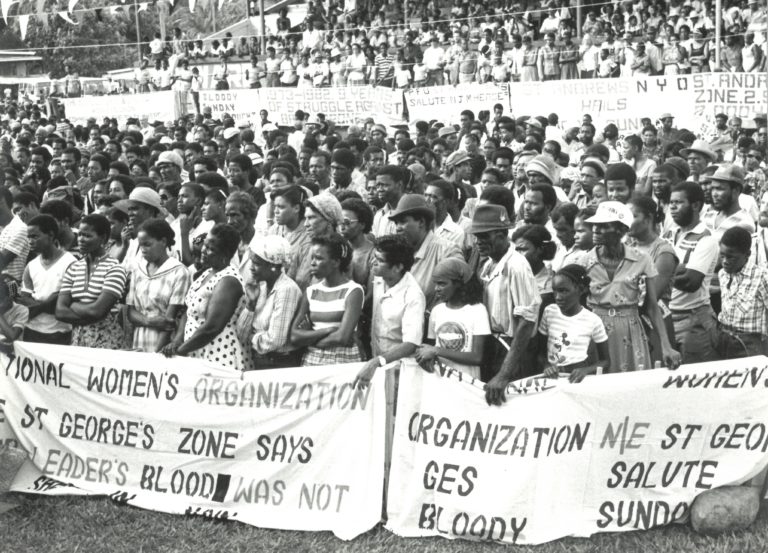
Watch curator Orsod Malik discuss the exhibition
Shifting the Centre forms part of ICF’s multi-season Systems Reclaimed Project.
Cover image: Bloody Sunday Rally, 1982 from CREFT/1/6: Jacqueline Creft Memorial Collection / Please get in contact if this is your image.
People:
Project:
Opening Times
Thursday – Saturday, 10am – 6pm
Sunday 12pm – 5pm
Opening Event
Thursday 16 March, 6pm – 9pm
Grenada as Reference is the first iteration of our Shifting the Centre project. This exhibition will display archival materials relating to the Grenadian Revolution (1979-1983) at Black Cultural Archives in Brixton. The exhibition is curated by ICF curator Orsod Malik.
SHIFTING THE CENTRE is an archival activation project dedicated to excavating the radical observations, emancipatory dreams, and revolutionary practices of anticolonial thinkers to develop counter approaches that can be applied to artistic, teaching, and organising work. By repositioning the centre away from Europe, we can ask: what realisations occur when those resisting dominant forces are the protagonists of world history?
The project locates connections between seemingly unrelated events, people, issues and objects as a way of rejecting a single vantage point from which to understand, tell and mobilise histories. Shifting the Centre seeks to widen the scope through which histories are told by listening to what is being silenced with as much intent as to what is audible.
_
GRENADA AS REFERENCE is an invitation to think about world history from the vantage point of a small island nation, which was home to the first revolutionary government in the English-speaking Caribbean between 1979-1983. In this relatively brief historical moment, the Grenadian people engaged in a collective process that reoriented their country’s resources, economy, and education away from neo-colonial interests and towards their self-determination.
The archival collections on display are portals into this historical moment. A moment characterised by the emergence of Margret Thatcher and Ronald Reagan’s brand of capitalism. This is known today as neoliberalism – an economic system designed to privatise the public sector and transfer the production of consumer goods to the poorest countries at the cheapest possible cost. It was also a moment marked by international political struggles, from waves of working-class protests in the UK to an antiimperialist revolution in Nicaragua, and the making of a new revolutionary society in Mozambique. It is through the archival materials on display that we can witness how people have/can engage in politics and relate to the world.
This exhibition does not intend to rely on a timeline or lay claim to a single sequence of events. Rather, the exhibit enacts a set of open-ended questions: how can these materials be contextualised? What can be learned from them? What silences do they fill and where do silences remain? Are there teachings from this moment that can be applied to our present? And why isn’t Grenada referenced more widely?
_

Jacqueline Creft, 1946-1983
Minister of Education of the People’s Revolutionary Government of Grenada
The majority of the material on display belongs to Jacqueline Creft’s personal archive which was donated to the Black Cultural Archives. This exhibition is dedicated to her work, her love for her people and to her vision of liberatory education.
“Her style is as casual as her clothes – blue jeans, cotton tops, sandals… always on the go and totally at ease wherever she goes, whatever she does, she’s well known as simply ‘Jackie’ to public servants and the masses, teachers and pupils alike. Whether she’s padding around in her office, answering the phone, taking part in a committee or cabinet meeting… hurrying along the streets. And hailing the folks she knows, her manner is down-to-earth… Jackie’s role is to provide the means to help create the personality – youth, woman, man – to form the new society.” – Jacqueline Creft – First Woman in Cabinet, Free West Indian, 5 December 1981, pp.178-181






Shifting the Centre: Grenada as Reference installation view (2023), images courtesy ICF.

Watch curator Orsod Malik discuss the exhibition
Shifting the Centre forms part of ICF’s multi-season Systems Reclaimed Project.
Cover image: Bloody Sunday Rally, 1982 from CREFT/1/6: Jacqueline Creft Memorial Collection / Please get in contact if this is your image.
Dates:
16 Mar 2023 - 4 Jun 2023
Location:
Black Cultural Archive, 1 Windrush Square, London SW2 1EF




Tags
Explore Further
Explore Further


Diaspora Pavilion 2: London (2023) Artists' Conversation, Sonia E Barrett & Kashif Nadim C...
